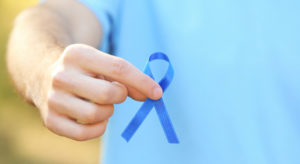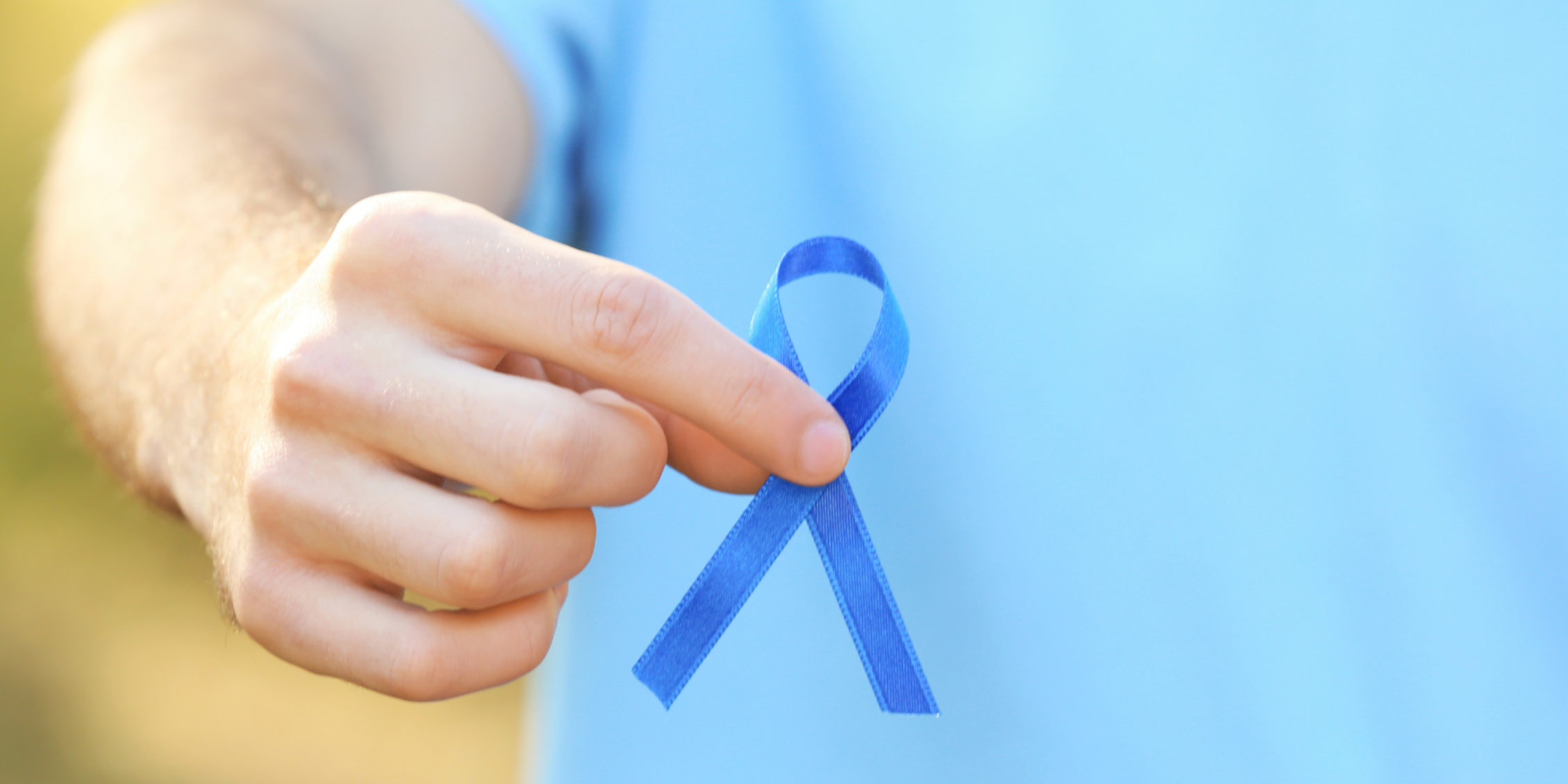 If you’re 50 years old, or if this milestone birthday is coming up, your doctor may be telling you to add a colonoscopy to your “to-do” list. Even if you’ve never had a colonoscopy, chances are you know what they’re all about. The prep work which involves cleaning out your bowels with a laxative is probably what grabs your attention most. No one really wants to get a colonoscopy. It’s not exactly what you’d call a good time, but there’s a very good reason your doctor may be telling you it’s time to have one. In short, colonoscopies save lives because they can actually prevent colon cancer.
If you’re 50 years old, or if this milestone birthday is coming up, your doctor may be telling you to add a colonoscopy to your “to-do” list. Even if you’ve never had a colonoscopy, chances are you know what they’re all about. The prep work which involves cleaning out your bowels with a laxative is probably what grabs your attention most. No one really wants to get a colonoscopy. It’s not exactly what you’d call a good time, but there’s a very good reason your doctor may be telling you it’s time to have one. In short, colonoscopies save lives because they can actually prevent colon cancer.
You might be thinking, “if I don’t have any symptoms, I must be fine. Why should I put myself through the prep and anxiety of the exam?” Here’s why you should:
- Colon cancer starts from little growths called polyps that can develop on the lining of the colon or rectum. Overtime, some of these polyps can become cancerous. Polyps and early stage curable colon cancer don’t cause symptoms. Symptoms of colon cancer include a change in bowel habits such as constipation, blood in your stool, the feeling that your bowel isn’t emptying, persistent gas or cramping, weight loss, weakness and fatigue. However, by the time you experience symptoms of colon cancer, it is usually quite advanced. During a colonoscopy, your doctor can see inside your colon and rectum to look for polyps that could turn into cancer over time. If they find anything, they can remove them during the exam. The point of a colonoscopy is to get rid of polyps before they turn into cancer. Don’t wait for symptoms to start to take action.
- Colon cancer can happen to anyone. It can happen to people who are otherwise healthy and have no family history. It is the third most common cancer and second most common cause of cancer deaths.
- Colonoscopies aren’t as bad as you think. Many people are nervous about the laxative you have to drink to prepare for the exam, but prep formulas have improved over time. You don’t have to drink nearly as much, and the taste has improved too. Yes, you’ll have to spend some time in the bathroom, but it’s important to prep correctly to clean out your colon and give your doctor a clear view of any polyps during the exam. As for the colonoscopy itself, it’s done under conscious sedation or “twilight.” You should not feel any pain, or discomfort throughout the exam and most people don’t remember the procedure afterwards.
- It’s over before you know it. A colonoscopy generally only takes 10-15 minutes to complete, but you can expect to be in the endoscopy suite for a couple of hours. Most patients only need this test once every 10 years. Polyps may take five to ten years to become malignant. If your physician finds polyps, you have a family history of colon cancer, or you have inflammatory bowel disease, ulcerative colitis or Crohn’s disease you might be told to start screenings earlier than 50 and more frequently than 10 year intervals, but it’s an important hour of your life that can significantly decrease your risk of colon cancer.
- Colon cancer is preventable in nearly all cases through proper screening by removing polyps and colonoscopies are the best tool available for reducing your risk.
Recently the American Cancer Society adopted new guidelines for colorectal cancer screening that suggest having your first colonoscopy at age 45 because colon cancer is being increasingly diagnosed at younger ages. According to Ramona Rajapakse, MD, FRCP(UK), FACG, gastroenterologist at Mather Gastroenterology, “the GI societies have not confirmed this, but recommend that anyone of average risk has a screening colonoscopy at age 50, age 45 if African American, and that there be a low threshold for a colonoscopy if there are any symptoms at all, such as change in bowel habit, abdominal pain or bleeding. Until we have more information and guidance, these are the recommendations we follow in my practice.”
“Colon cancer is preventable, and we can do it together,” says Dr. Rajapakse.

